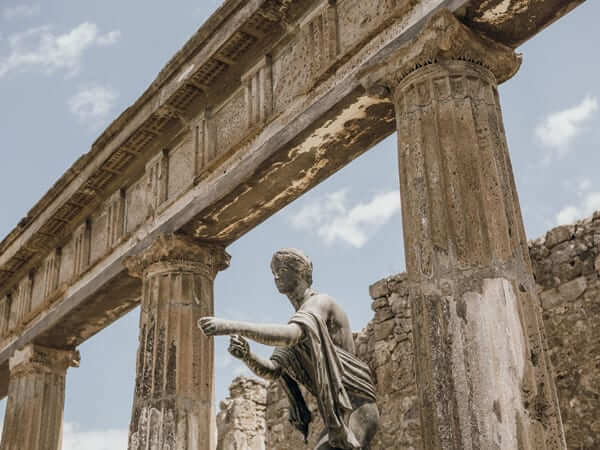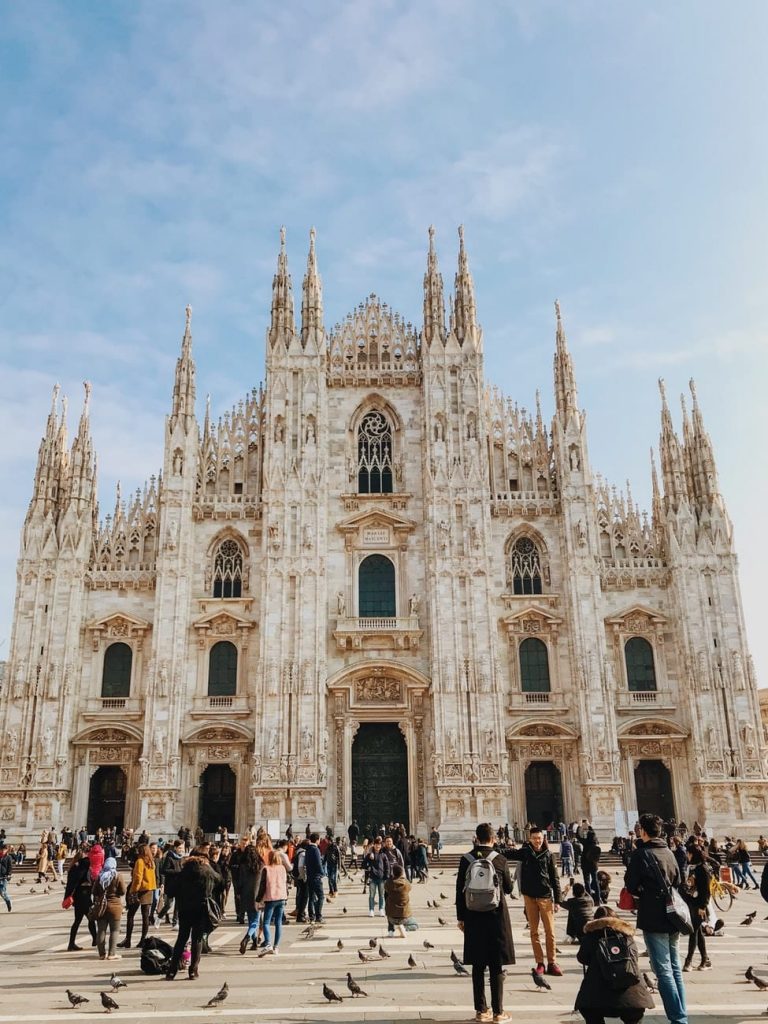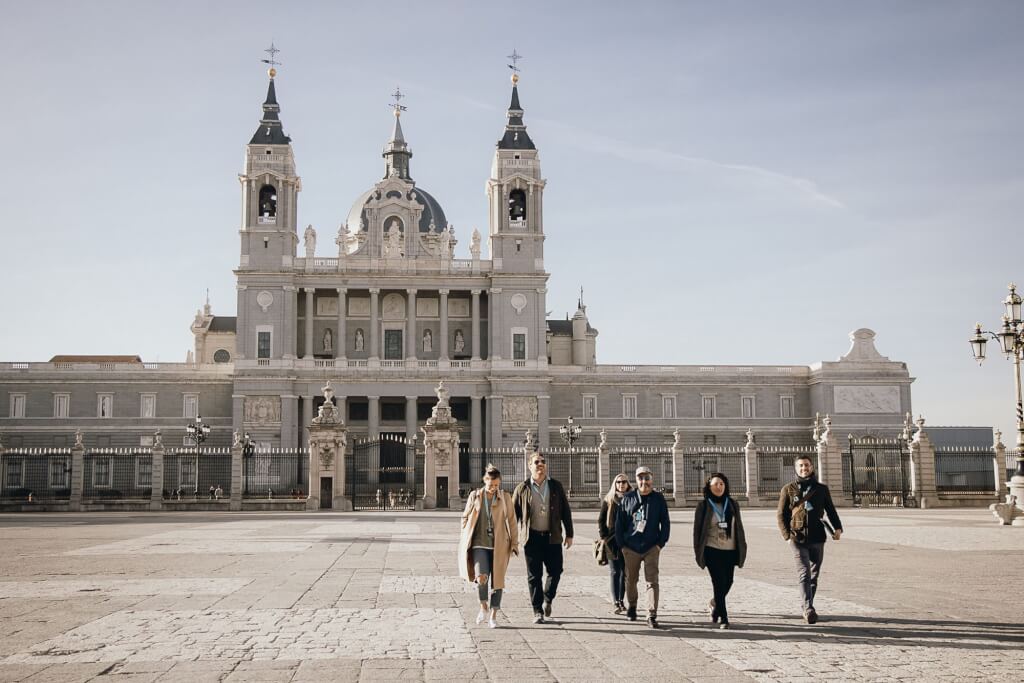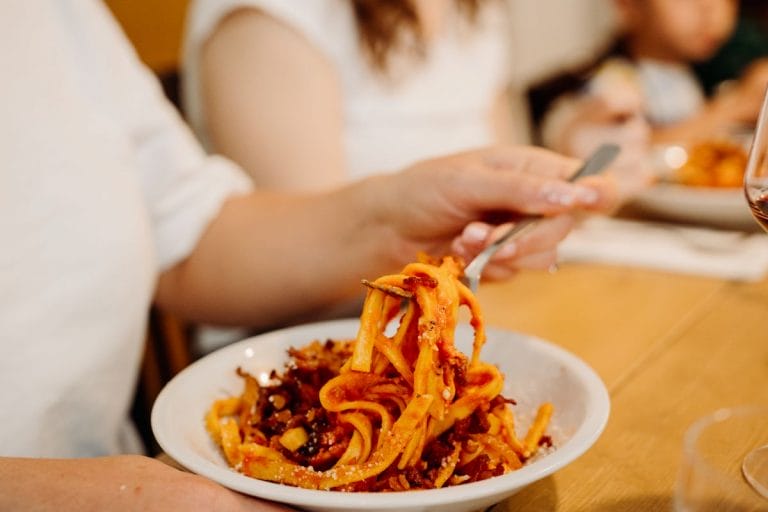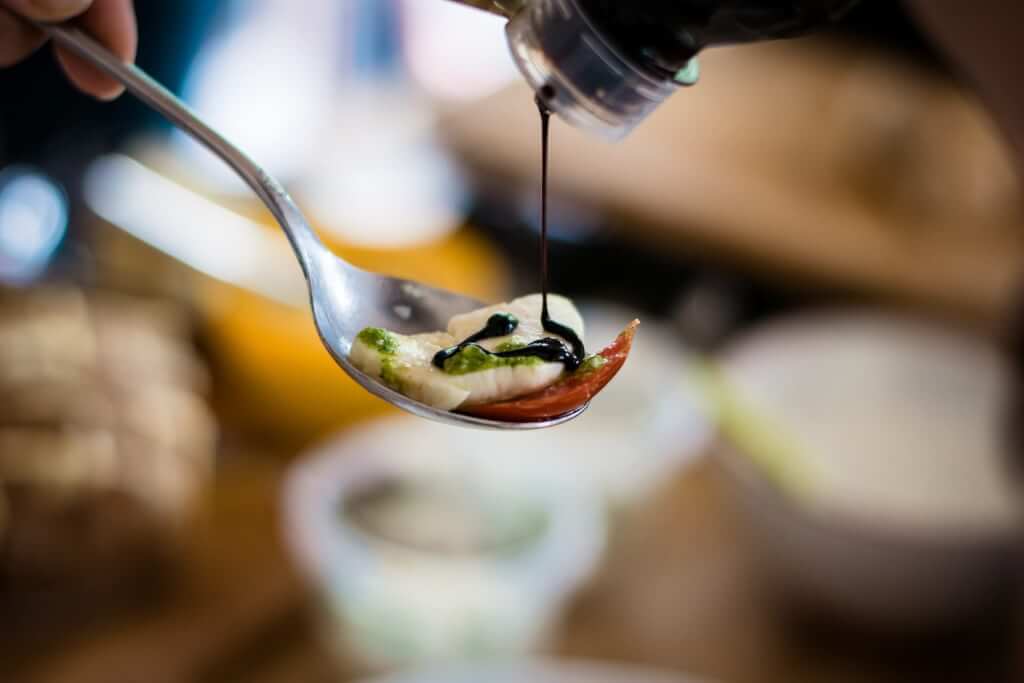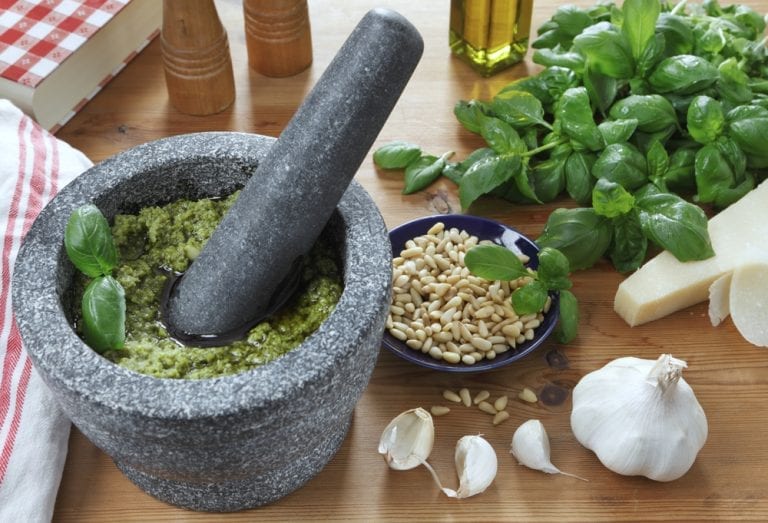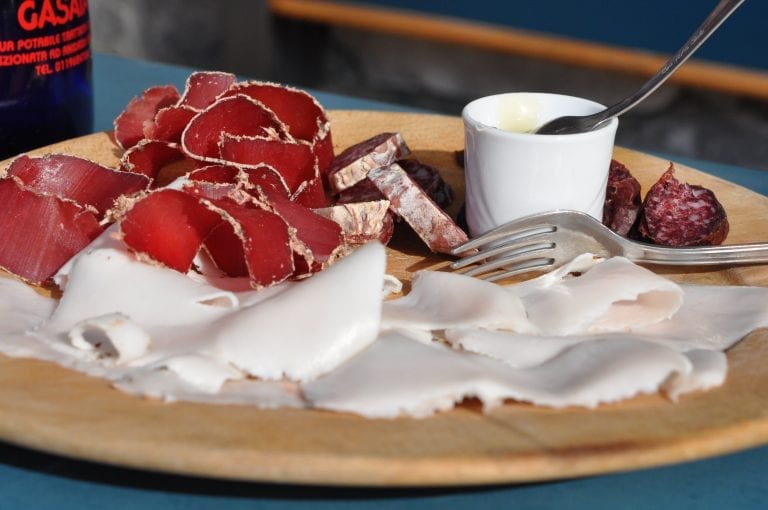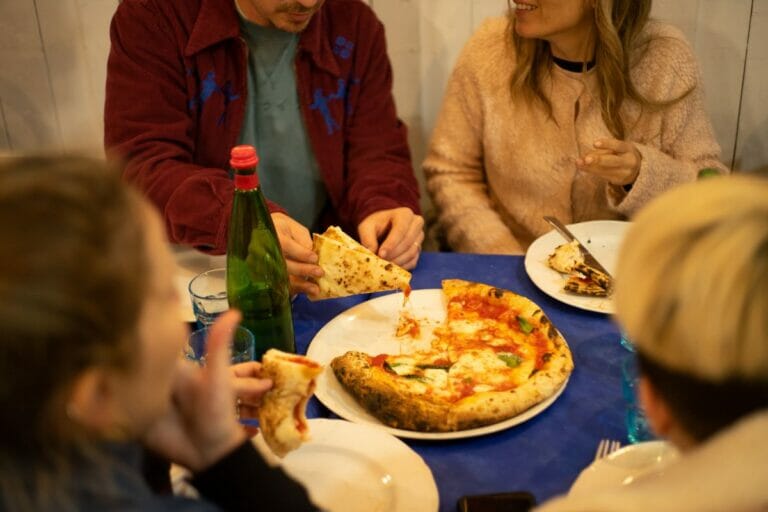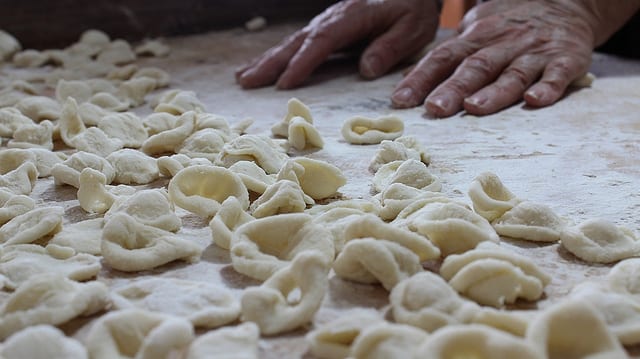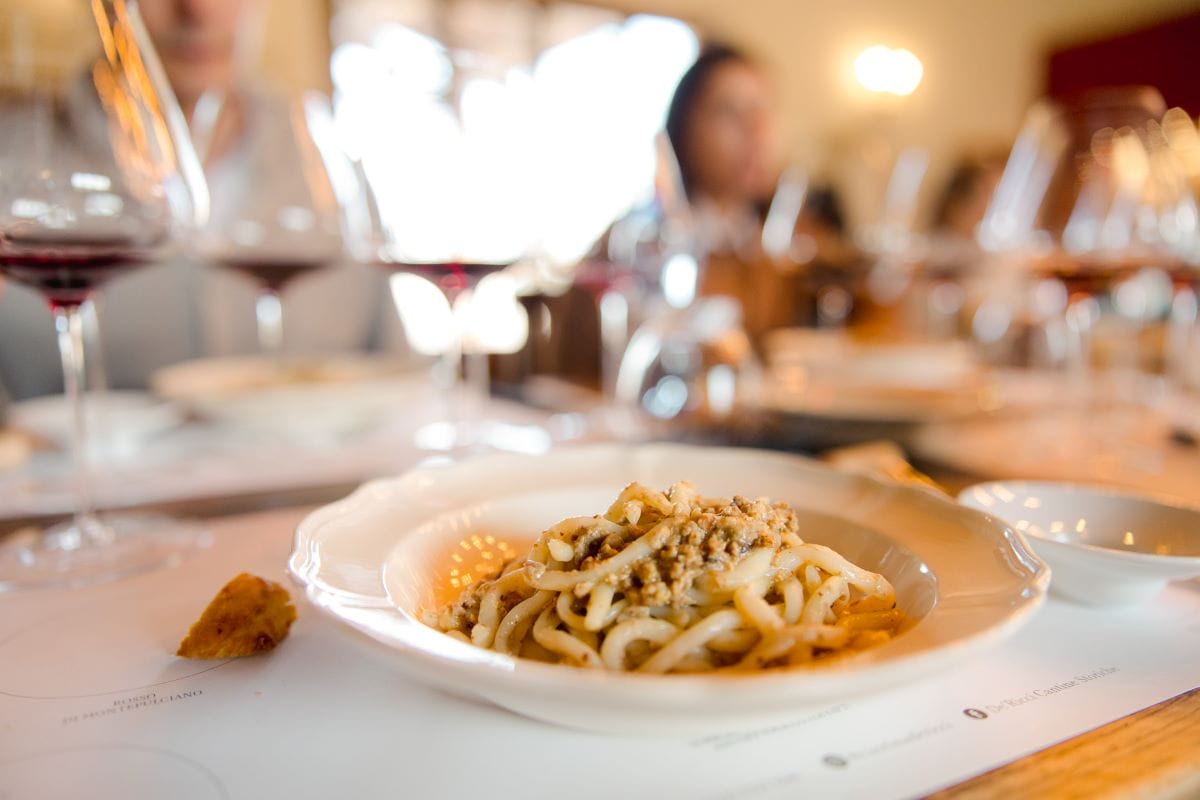
Traditional Tuscan Food – Top Dishes to Try
January 13, 2025
Everybody loves Italian food – but what if I told you there’s no such thing? The truth is, in Italy there is only regional Italian food. Each region offers delicious and unique dishes based on its long history and location. And Tuscany’s world-renowned Tuscan food is no exception!
Famous for its local produce and meat, for its simplicity and seasonal foods, let’s take a closer look at some traditional Tuscan food.
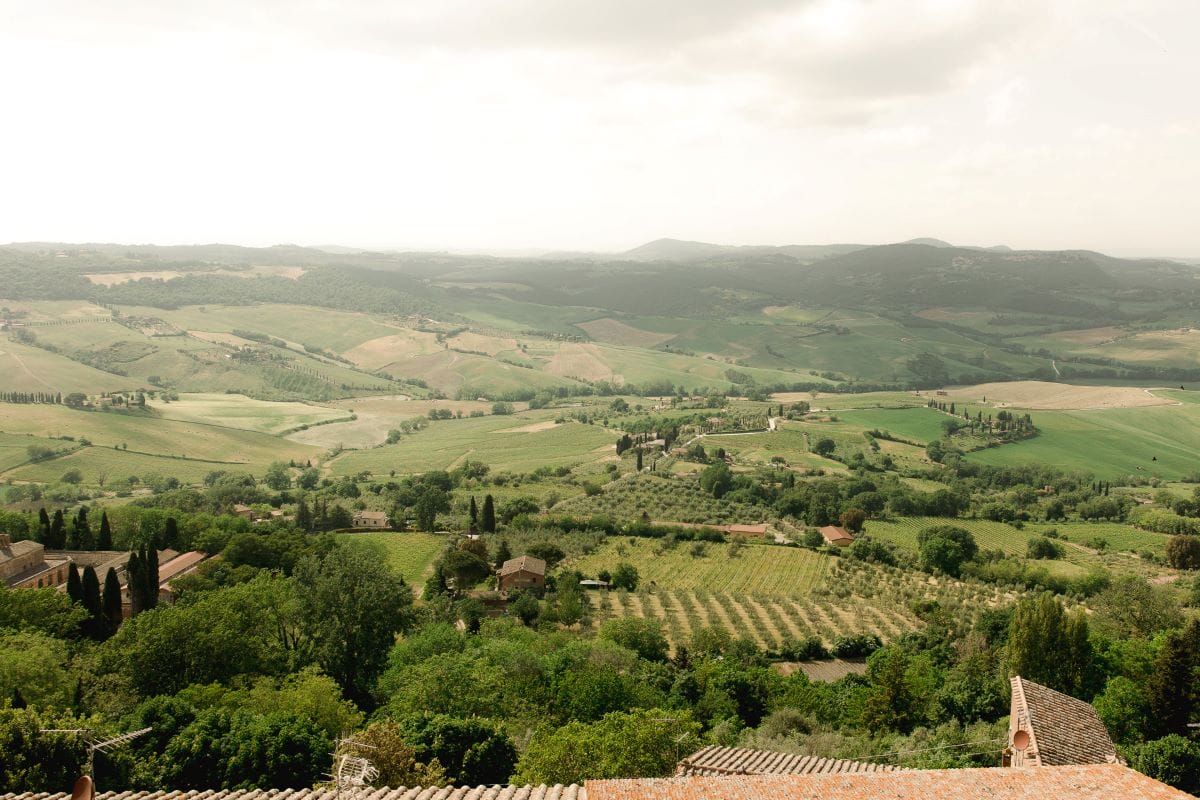
Not only is the food delicious in Tuscany, the views aren’t too bad either.
Table of Contents
ToggleWhat is Tuscan food?
Tuscan food is based on the Italian idea of cucina povera or “poor cooking.” A concept that started very literally, it’s about simple meals that are inexpensive and could easily be made in large amounts. Today it remains largely the same – but by choice instead of economy. Tuscan cooking doesn’t use complicated seasonings or elaborate creations because they’re not needed.
Instead it’s made using fresh, high-quality ingredients that bring out the natural flavors in each dish, simple or not. Food doesn’t have to travel far in Tuscany, the region’s gentle hills are the perfect source and locally grown produce, titled “nostrale” or “ours,” is abundant.
In fact, Tuscan food is traditionally hearty and made with simple ingredients – ones easily found in the countryside – with bread beans and roasted meats serving as the base of most traditional Tuscan meals. Whether foraging for truffles or mushrooms, taking in the grape harvest or sampling a genuine bottle of Tuscan olive oil, here local and homegrown is a lifestyle!
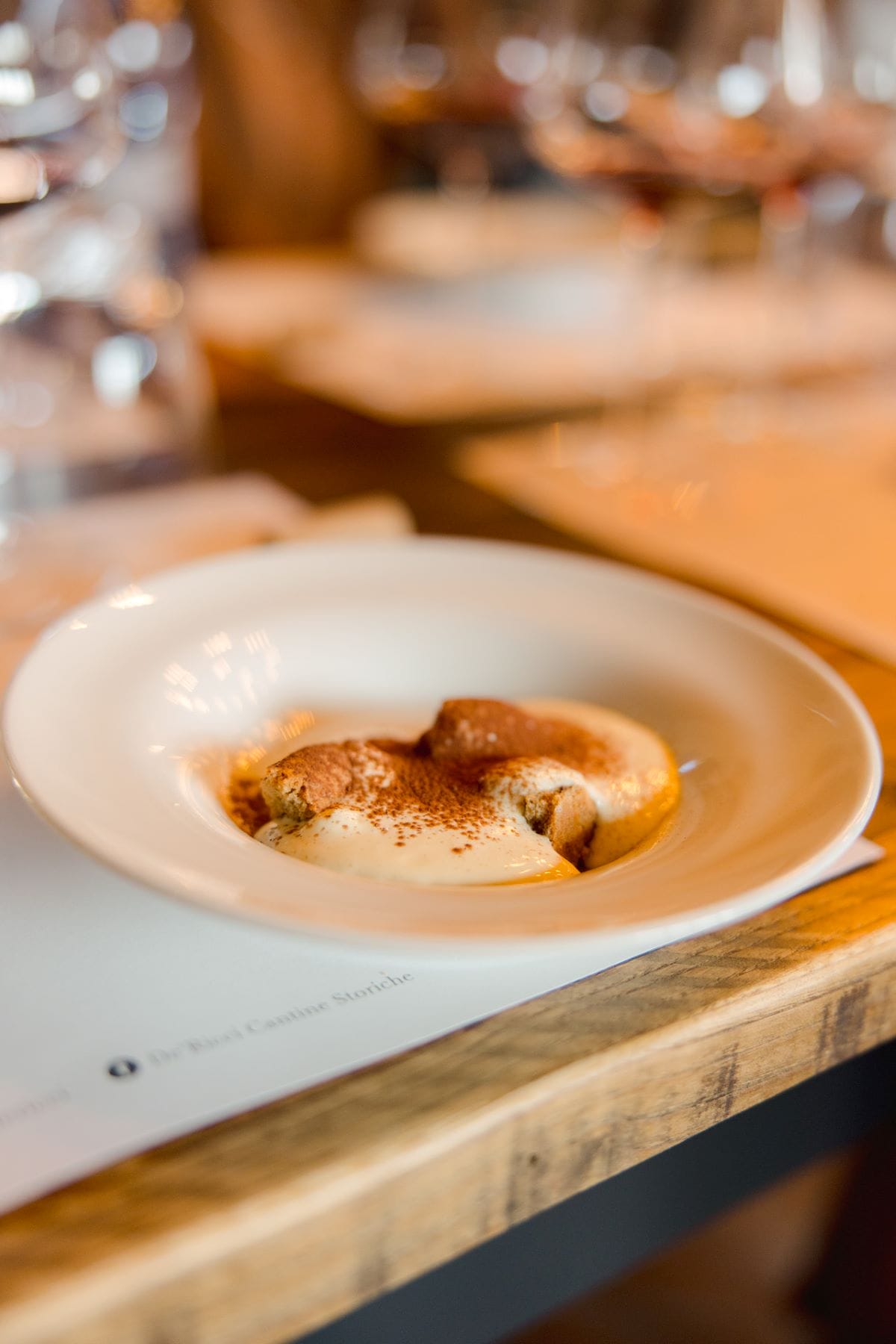
Can you say no to these classic Tuscan dishes?
What are the most popular Tuscan dishes?
Like any Italian region, Tuscany has its own ingredients, recipes and hyper-local food traditions that are best to stick to while eating out in Tuscany. Start your meal with an antipasto of cured sliced meats or affettati misti, always popular, or try something more particular and order crostini di fegato, thin slices of lightly toasted bread spread with a chicken liver pate. Don’t let the word liver turn you away, it has a rich, rustic taste and it’s good for you as well!
Tuscans are particularly fond of their soups. Try the ribollita, a vegetable and bread soup that functions as a delicious and classic comfort food. Papa al pomodoro, a tomato soup, is perfect for the winter and during summer you have the panzanella, a kind of cold salad of bread soaked in balsamic vinegar and mixed with onions and tomatoes, basil all topped with olive oil of course! (Check out our post 6 Italian Foods Perfect for a Winter Day!)
Another favorite is cannellini beans. Tuscans are often called mangiafagioli, bean eaters, for a reason and you can find them prepared in many ways. Try them in a soup like zuppa di fagioli or in fagioli all’uccelletto, a side dish of cannellini beans stewed with tomatoes, garlic and sage. Our favorite is fagioli con salsiccia, beans with sausage, perhaps with a nice glass of Chianti!
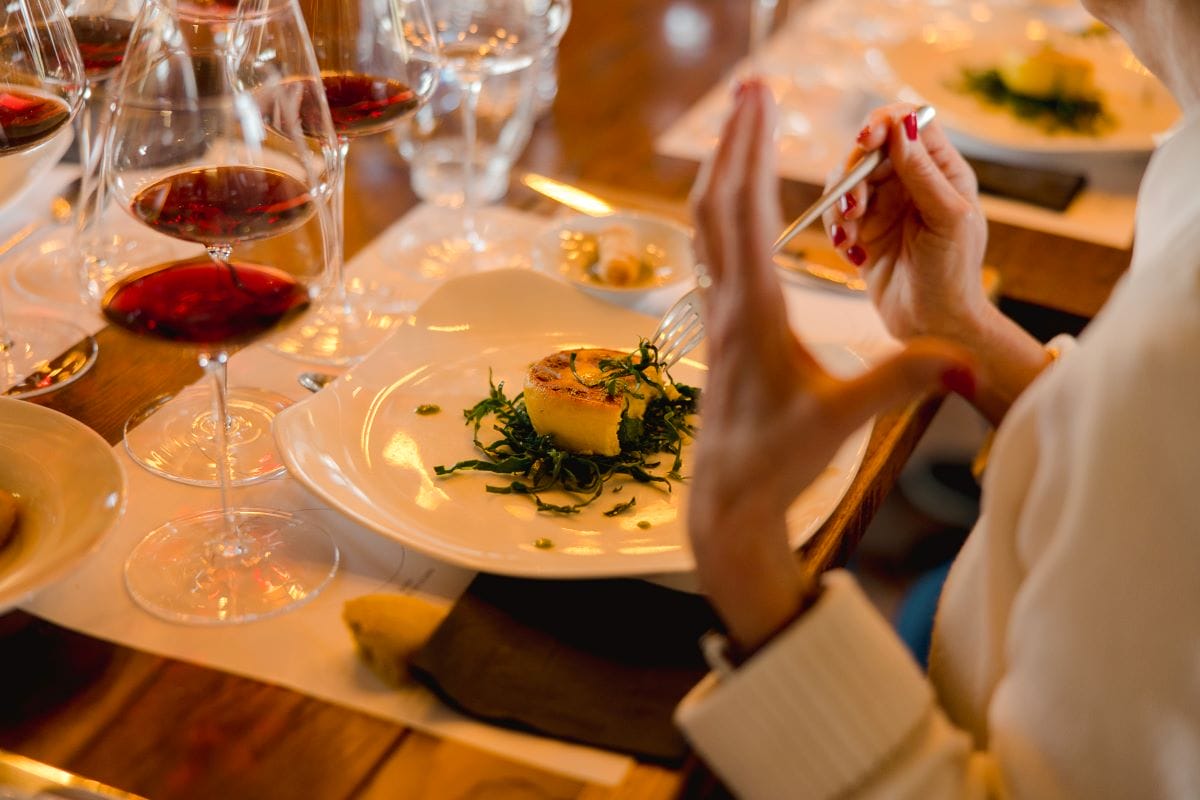
Not only is Tuscan food delicious, it pairs perfectly with wine.
If you’d rather have pasta the famous tagliatelle al tartufo, pasta covered in a truffle sauce, is definitely one not to pass up. Both black and white truffle varieties are very rare, only turning up in a few areas of the world. Luckily for visitors of the region, Tuscany has both kinds growing in its hills. Black varieties grow throughout, especially near Spoleto, while the white have been found around San Miniato. Both variations feature heavily in traditional Tuscan food and you’ll find versions of just about everything infused with tartufo, from balsamic vinegar to pecorino cheese.
You can also try the pappardelle alla lepre, very wide egg noodles in a strong-sauce made from wild hare, the king of Tuscan pasta, or a variant of the sort such as pasta with a wild boar sauce. You’ll find many roasted meats in Tuscan cuisine, particularly wild game such as deer, pheasant or wild boar used as sauces for pasta or as the main course, il secondo, itself.
A mixed meat platter or roasted, wine-braised rabbit or duck make for a great secondo, however the Bistecca Fiorentina is an absolute must-try. This large T-bone steak, traditionally from the Chiana valley, is so thick that it must be cooked on its front, back and side and usually weighs three to four pounds. Though delicious, this is one meal to split with a friend!
Finish your meal with classic Tuscan cantucci dipped in vin santo. Cantucci are often called biscotti di Prato, named after the Tuscan town most famous for them are the Tuscan variety of the twice-baked cookies we call “biscotti.” Dunk these hard almond cookies in to a small glass of sweet dessert wine, vin santo, to soften them and clean your palate after a great meal! Or, if you’d like to give truffles a try in a less rustic, more sweet environment, try ordering gelato al tartufo, a scoop of gelato with truffle shavings on top!
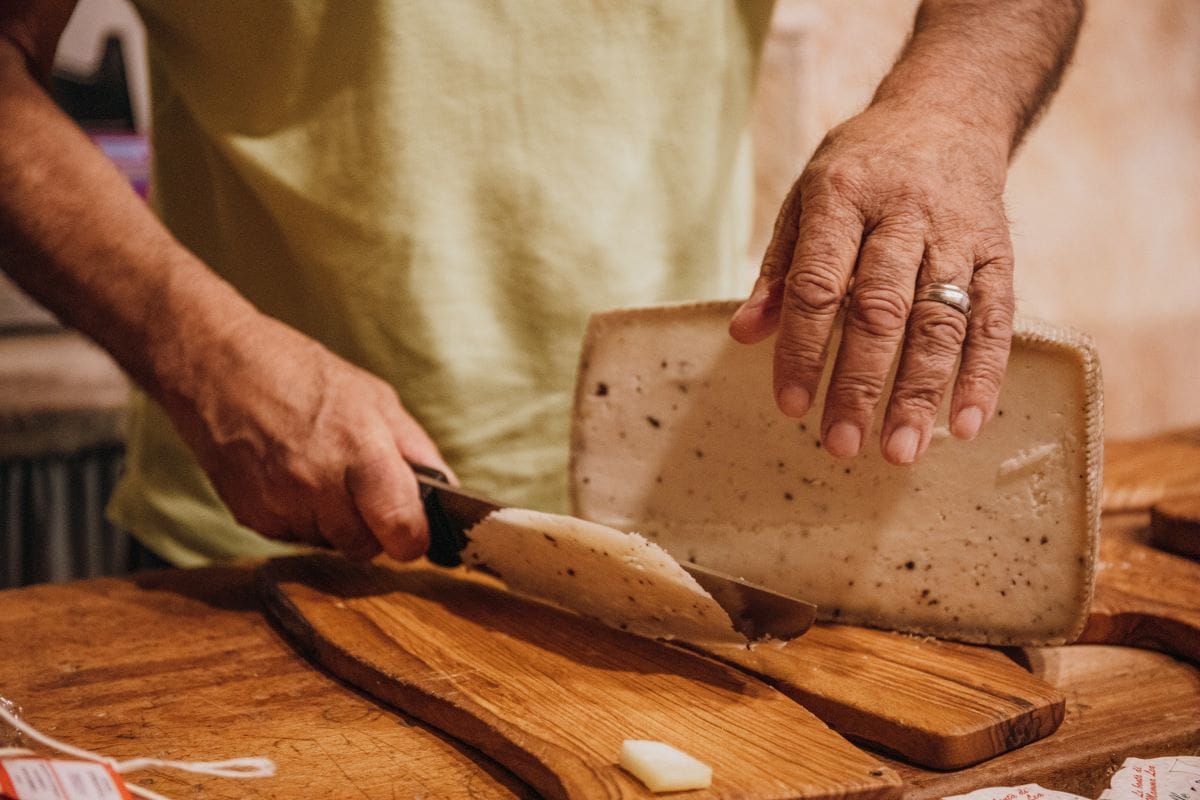
Traveling just for typical Tuscan dishes is worthwhile.
… and to drink?
Well, wine of course! Tuscany is wine country and you can’t go wrong sampling one of its phenomenal wines. Each town offers its own wine, and it can be overwhelming to choose. If that’s the case, go with the vino della casa, house wine, as it will likely be a delicious Tuscan table wine. For more, don’t miss our guide to wine-tasting in Tuscany with our favorite regions and how to get there!
Montalcino and Montepulciano are two classic reds, the former split between the full-bodied Brunello di Montalcino and the lighter, younger Rossi di Montalcino. Montepulciano, another long-respected red wine, is slightly less complex (and less expensive!) than the Brunello.

More wine to go with our Tuscan food, please!
Another Tuscan wine you’re sure to have heard of is the Chianti – a versatile wine produced throughout central Tuscany. In fact, the Chianti Classico, produced between the hills between Florence and Siena, is said to have been the first officially established wine zone in the world, dating back to 1716. Pair your meal of Tuscan food with a glass of Chianti and enjoy the flavors and traditions of Tuscany in every plate!
Travel to Prato for the mortadella and cantucci, Carmignano for the figs or Montalcino for the wine. Head to Pistoia for Tuscan bread or chestnut cake or Pienza for the pecorino, the sheep’s milk cheese that the city is famous for (the great shopping is just another benefit!) Tuscany is a foodie’s dream but you don’t have to be a foodie to thoroughly enjoy these Tuscan treats!
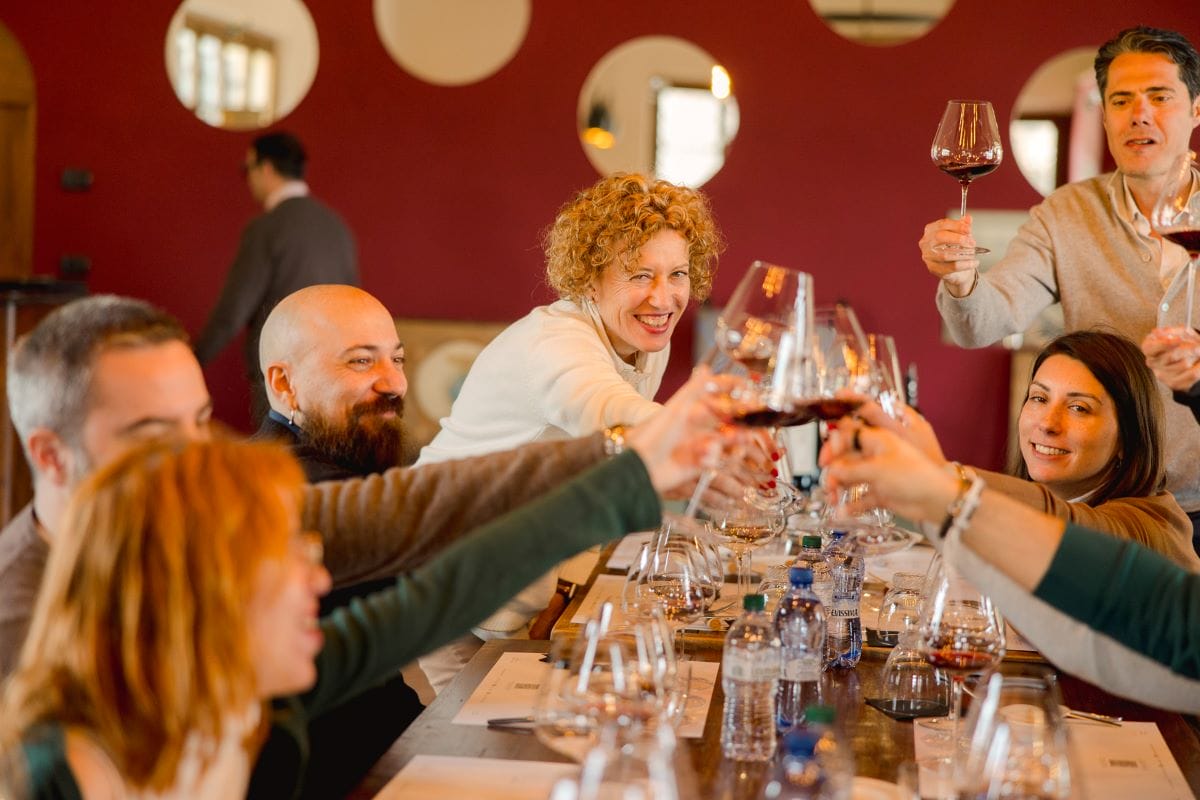
Cheers to good food and even better wine!
Is your mouth watering yet? For your own gourmet taste of Tuscany, check out our Day Trip from Rome. We traversed the region looking for the best food, wine and cheese (tough job, we know) so we could offer you what we’re confident is the best possible day in Tuscany. Shopping for cheese in Pienza; enjoying lunch on the terrace of an organic farm; and sampling Brunello at one of Montalcino’s most famous vineyards. And that’s just to start. For more information see our Tuscany Day Trip from Rome.

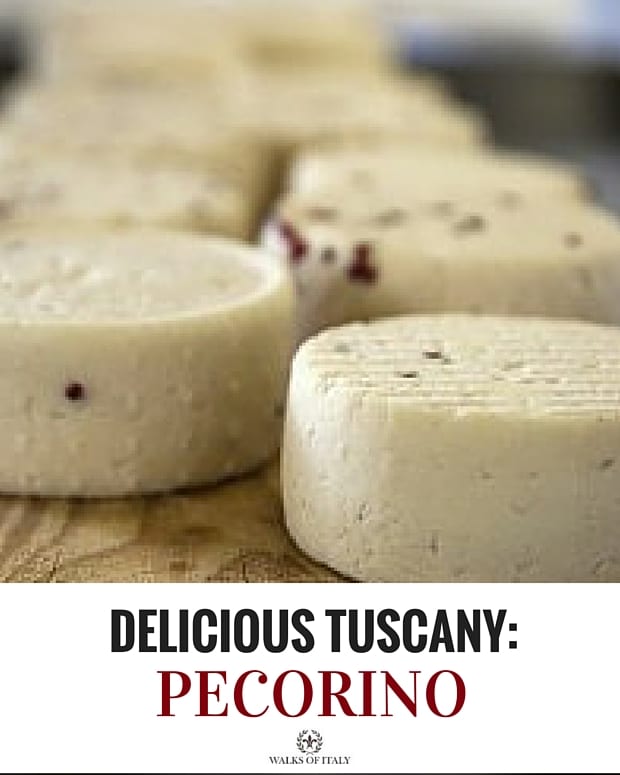
by Gina Mussio
View more by Gina ›Book a Tour

Pristine Sistine - The Chapel at its Best
€89
1794 reviews
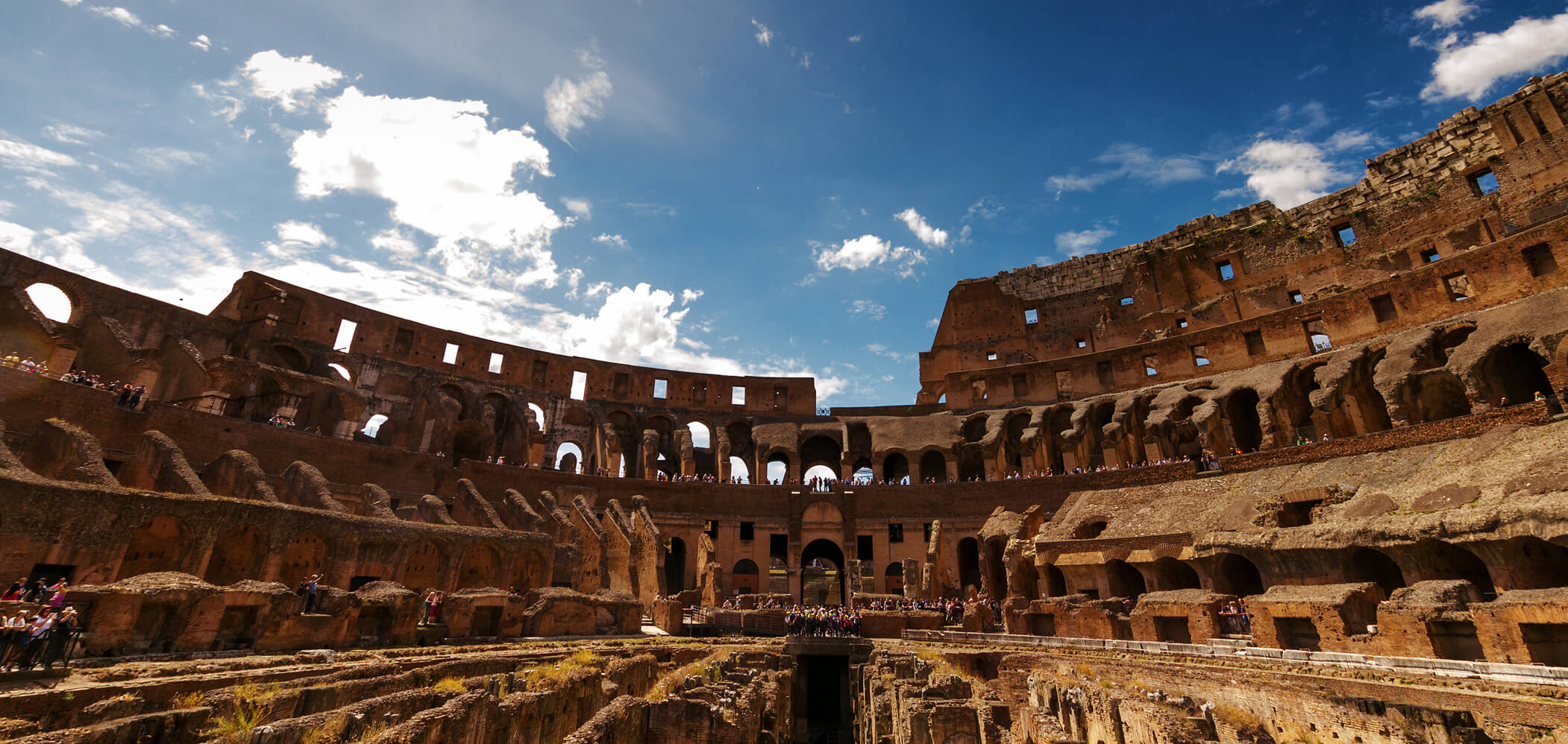
Premium Colosseum Tour with Roman Forum Palatine Hill
€56
850 reviews
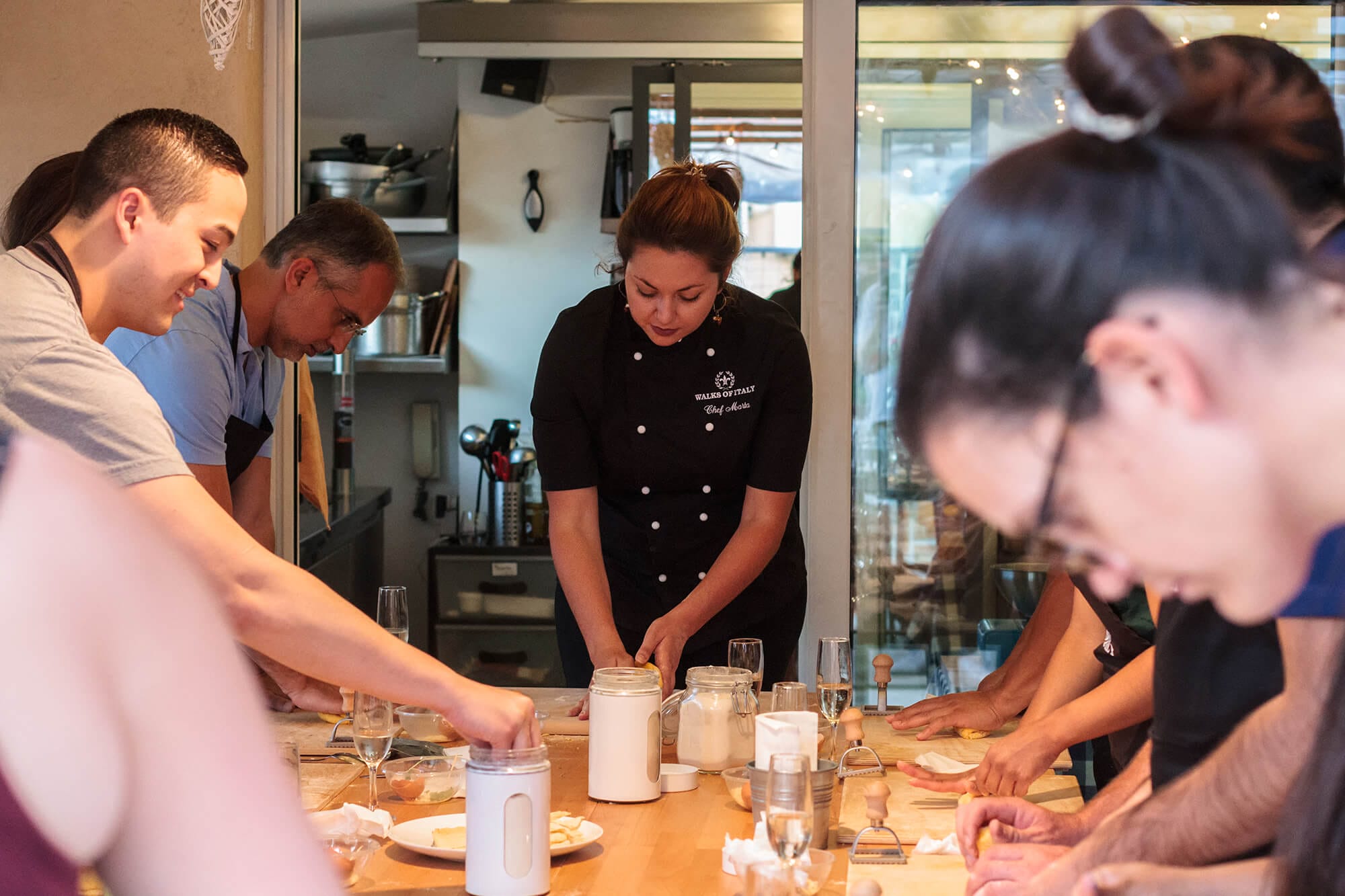
Pasta-Making Class: Cook, Dine Drink Wine with a Local Chef
€64
121 reviews
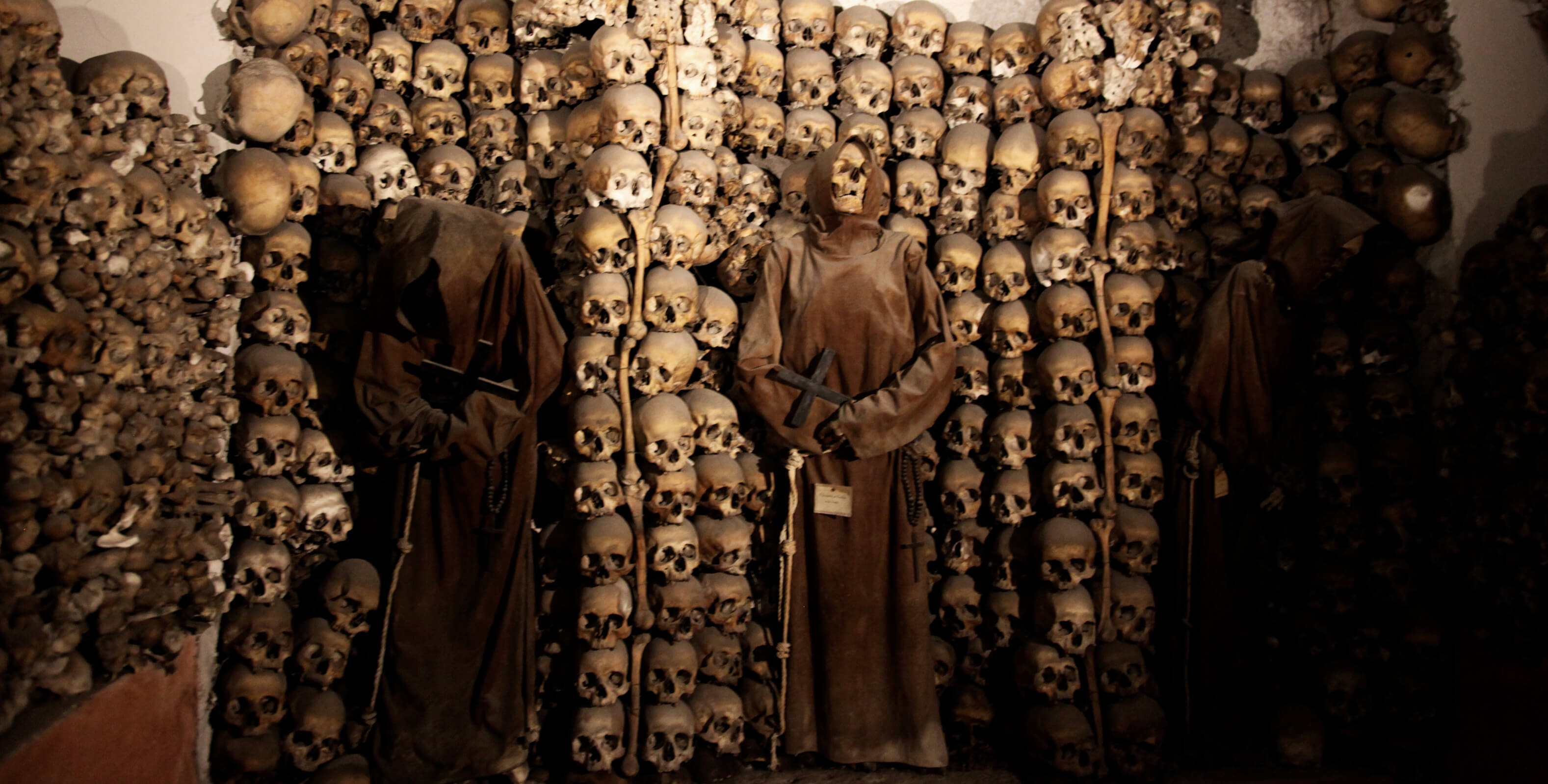
Crypts, Bones Catacombs: Underground Tour of Rome
€69
401 reviews
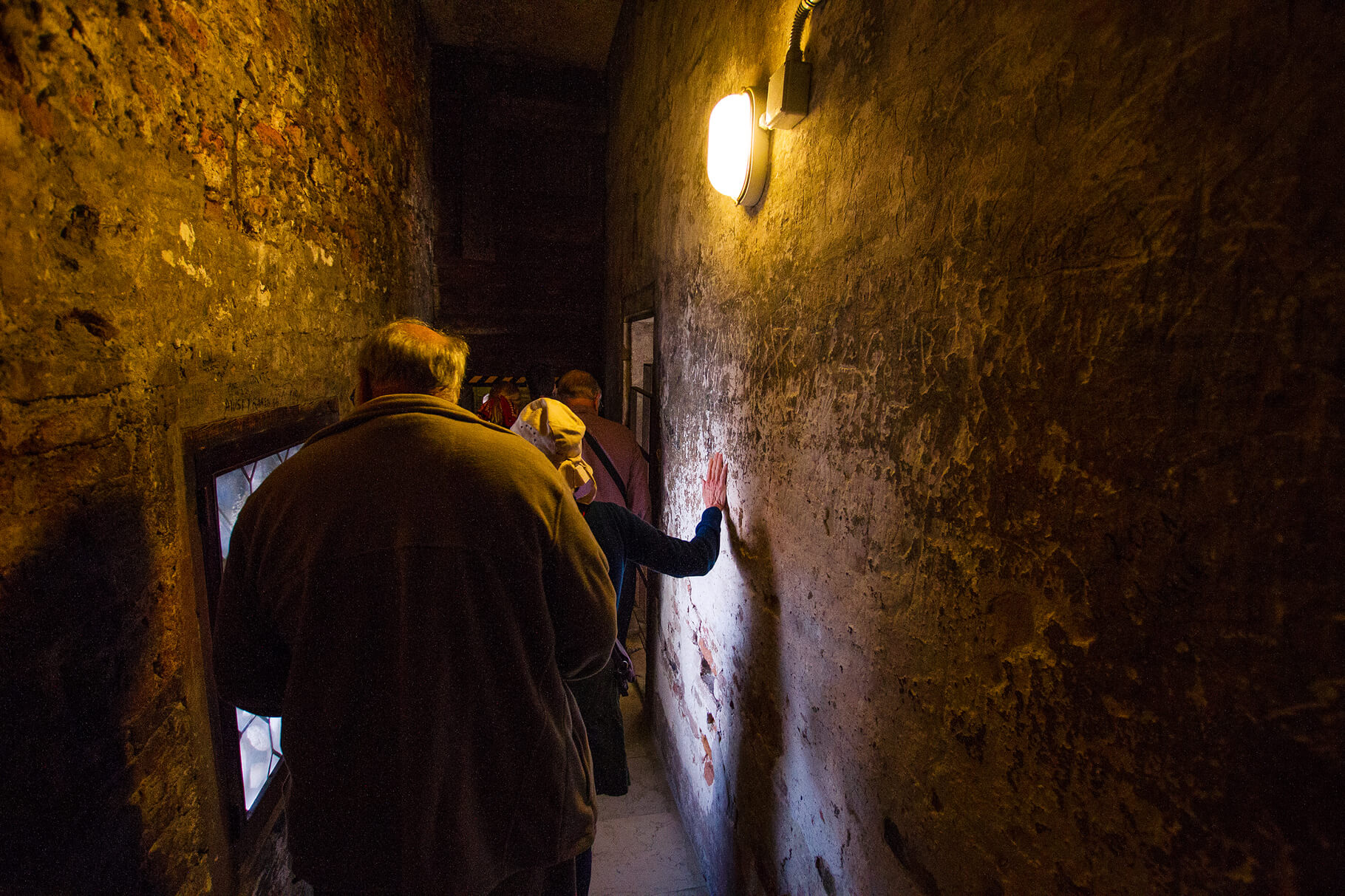
VIP Doge's Palace Secret Passages Tour
€79
18 reviews
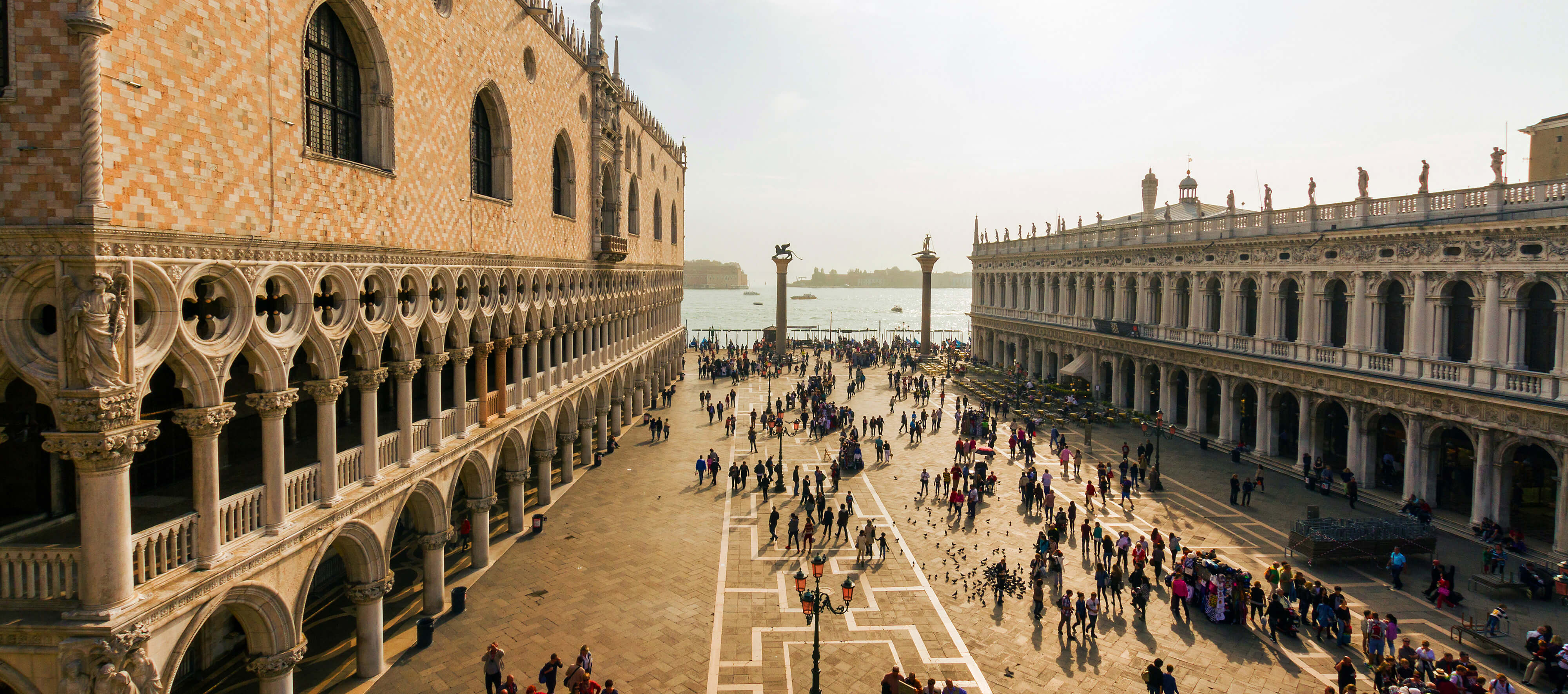
Legendary Venice: St. Mark's Basilica, Terrace Doge's Palace
€69
286 reviews




